Introduction
A recent decision by the Nigerian Senate has stirred significant controversy, garnering criticism from various quarters, including the Muslim Media Watch Group of Nigeria (MMWG). The Senate's passage of a Bill to revert the nation to its 1960 national anthem has been described by the MMWG as hasty, unpopular, and critically lacking majority support among Nigerians.
Criticisms and Concerns
The MMWG spared no words in its condemnation of the Senate's decision. They strongly believe that the matter is of such national importance that it deserved wider consideration and public contribution. The Senate’s move, according to the group, appears to be a 'misplaced priority,' especially when there are pressing issues that need urgent attention.
In aligning its views with that of the Attorney General and Minister of Justice, Prince Lateef Fagbemi (SAN), the MMWG said that the issue of the national anthem transcends what members of the National Assembly could decide within the confines of their chambers. They argued that a more inclusive approach, potentially through a public hearing, would have ensured that the voices of ordinary Nigerians were heard and respected before making such a resolution.
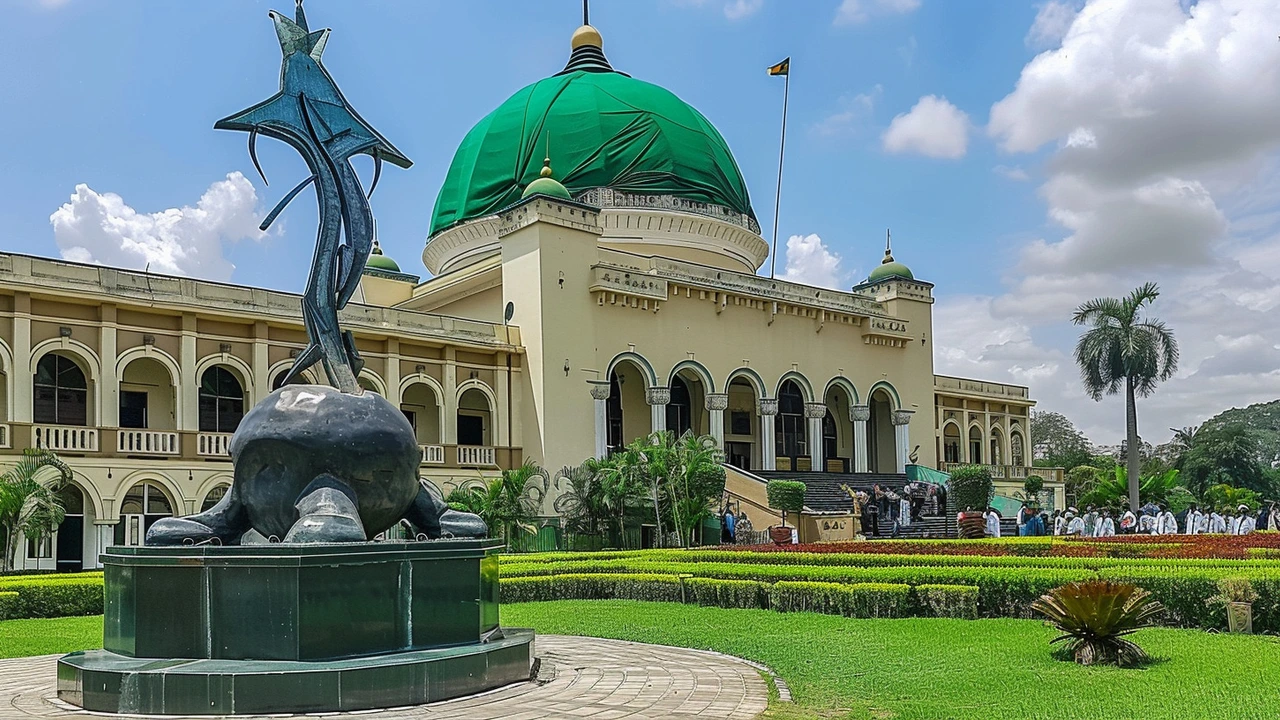
National Importance and Wider Consideration
Changing the national anthem is not merely a procedural change. It is intimately tied to national identity and pride. The 1960 national anthem, steeped in the history of Nigeria's independence from colonial rule, carries significant historical sentiment. However, there are contrasting views about whether reinstating it is a priority at present.
The group emphasized that substantive issues affecting the nation could be unresolved if such symbolic actions are prioritized over practical and immediate needs. The MMWG highlighted various critical issues that deserve the Senate's attention more urgently, such as the welfare and protection of Nigerian citizens. Good take-home pay for workers, improved pension packages for senior citizens, and efficient power restoration across the country were cited as areas that require immediate focus.
Alignment with Economic and Social Infrastructure
The MMWG also called on President Bola Tinubu to steer clear of this bill and instead direct his administration’s focus towards enhancing economic and social infrastructure. They believe that the President's energy should be channeled into programs that promise tangible improvements in the lives of Nigerians rather than symbolic changes that may end up being divisive and unproductive.
This appeal aligns with popular sentiment among the Nigerian public, who are eager for reforms that can alleviate the economic hardships they face daily. Addressing inflation, ensuring stable electricity, and providing quality healthcare and education are some of the priorities that most Nigerians would like to see tackled by those in power.
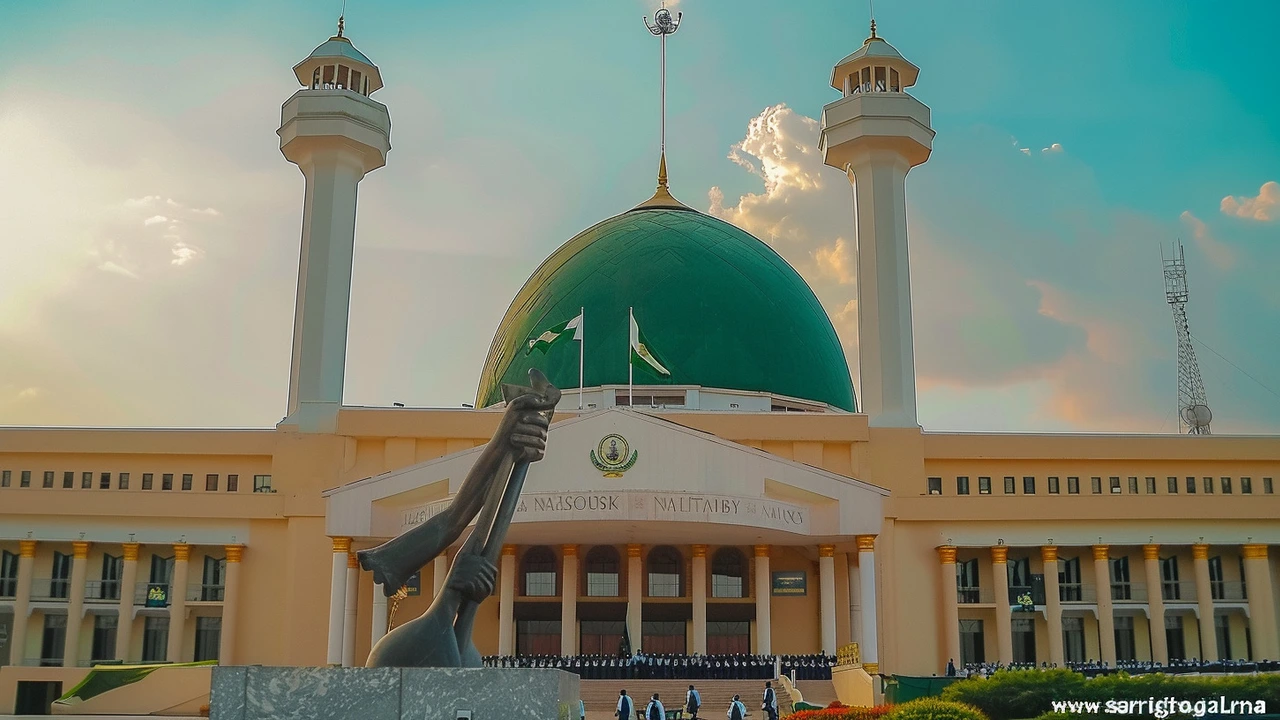
Broader Implications
The Senate's action has not only opened up a debate on the appropriateness of changing the national anthem but has also brought to light broader issues concerning legislative priorities and public good. Critics argue that the Senate should re-examine its role and ensure that its actions reflect the needs and aspirations of the ordinary Nigerian rather than pursuing initiatives that lack widespread support.
This episode echoes past controversies where legislative actions were perceived as being out of touch with the public sentiment. The call for thorough and inclusive engagement with the populace before arriving at such decisions cannot be over-emphasized. A national anthem, while important, should unify rather than divide, inspire rather than depress, and reflect the contemporary aspirations of the citizenry.
Conclusion
Ultimately, the debate surrounding the reversion to the 1960 national anthem exposes deeper questions about the priorities of Nigeria’s legislative body and the nature of democratic governance. Will the Senate heed the criticisms and re-evaluate its decision, or will it continue to pursue this controversial path? The coming weeks will reveal whether public opinion holds the power to influence legislative actions in Nigeria.
As Nigerians wait to see how this issue unfolds, the hope remains that their leaders will prioritize initiatives that provide concrete benefits to all and foster a more inclusive process for decisions that shape the national identity.

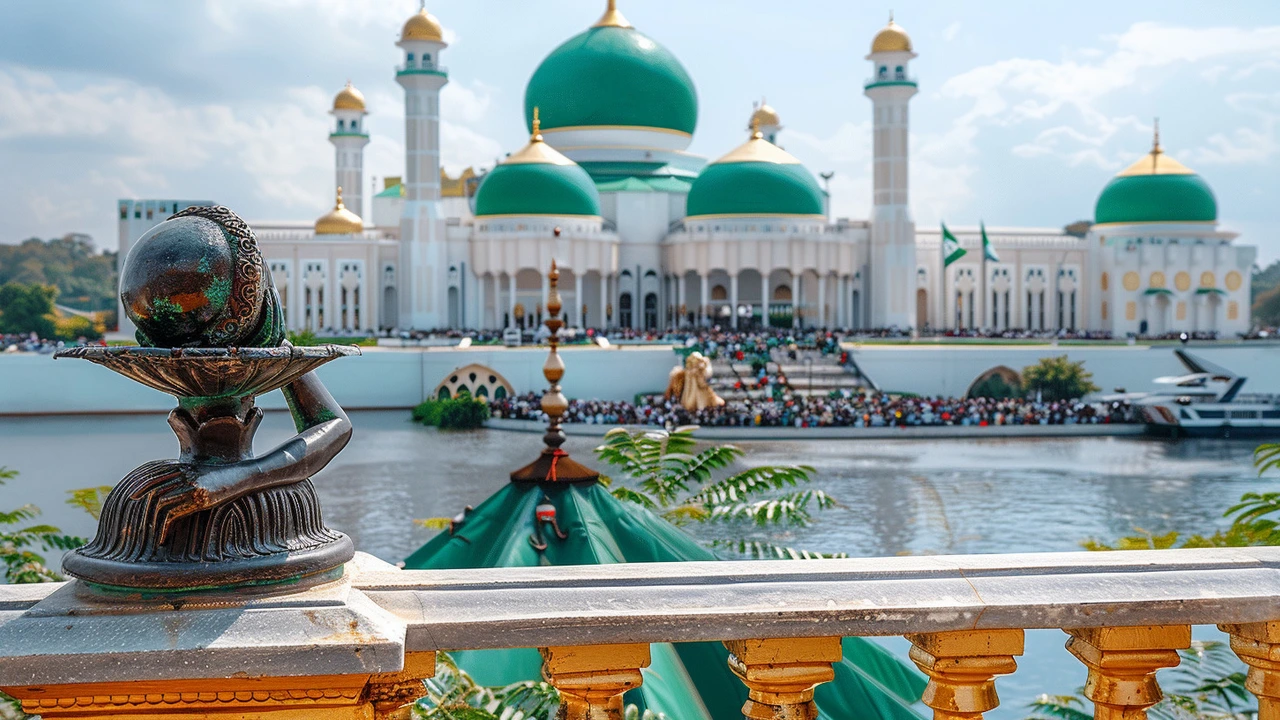
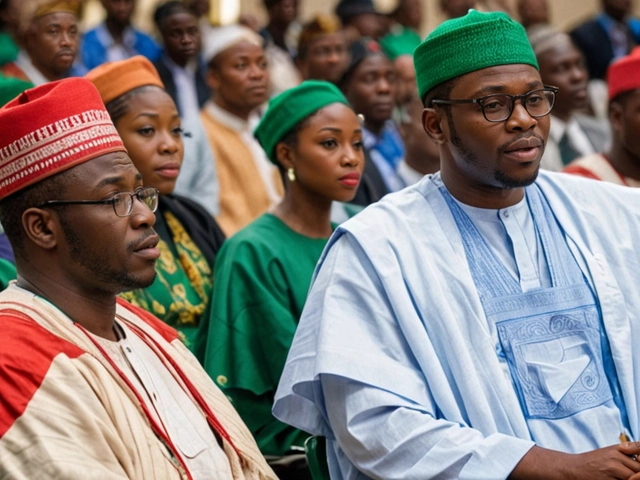
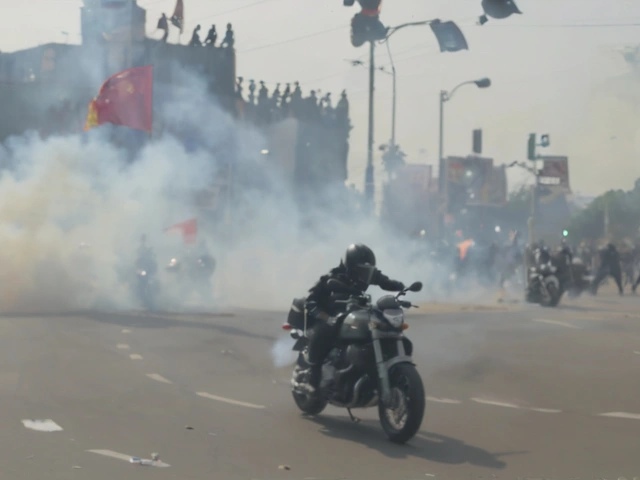
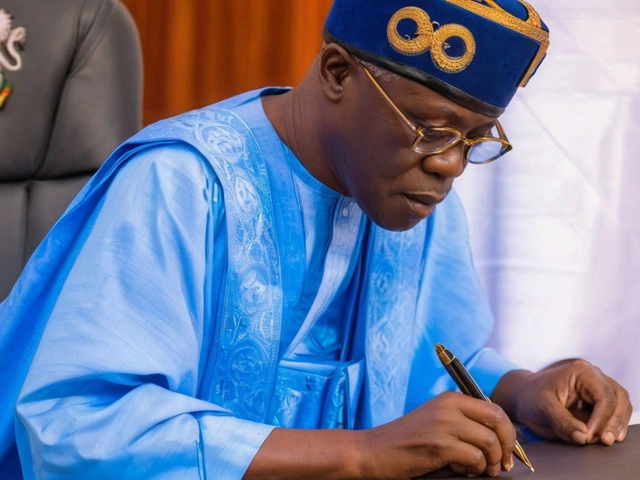
Comments
Interesting move, but I think the Senate should focus on power outages first.
We need tangible improvements before symbolic gestures.
Yo, this is total drama!
The Senate just rushed like a kid on a sugar rush, lol.
Who cares bout an old song when the lights flicker every night?
They should be fixing the grid, not rewriting history.
Everybody knows this is a circus.
Honestly, it feels like a PR stunt.
While some argue the anthem is a distraction, forgetting our heritage erodes the very soul of Nigeria.
The 1960 anthem encapsulates the sacrifices of our forefathers, and dismissing it is a betrayal.
Our identity cannot be rebuilt on broken power lines alone; it needs the melody of unity.
Hold on-are we really comparing power cuts to a melody; the two are unrelated, yet you bind them together, which is puzzling, really.
The Senate’s hasty decision to resurrect the 1960 anthem reads like a nostalgic yearning for a past that never fully existed.
It assumes that the notes of a bygone era can magically soothe the present economic turmoil.
Yet electricity still flickers, markets stall, and families struggle to put food on the table.
In that context, a symbolic hymn feels like a decorative ribbon on a wounded wound.
History, however, is not a costume to be tried on for fashion.
The original anthem was forged in the fire of independence, a rallying cry against colonial chains.
It carried the weight of sacrifice, hope, and a vision for a sovereign future.
To replay it without addressing the current suffering may turn reverence into hollow nostalgia.
Citizens yearn for jobs, for reliable power, for healthcare that does not bleed them dry.
Legislators should listen to those cries before polishing old verses.
A public hearing could have illuminated how many truly support the musical shift.
Transparency would have turned the process from a top‑down decree into a collective decision.
Moreover, the focus on a song distracts from policy pillars that can lift millions out of poverty.
Investing in infrastructure, education, and affordable energy would honor the spirit of the original anthem far more than a lyrical change.
Thus, the Senate must weigh the symbolic against the substantive, lest it become a theater of empty gestures.
The issue is clear: people need jobs and electricity more than a nostalgic tune.
Let’s prioritize policies that create real change.
I get that vibe 😊. Real solutions trump nostalgic lyrics.
Yo bro the anthem thing is just flexing old pride no real impact.
Statistically, public opinion polls show only 22% favor the reinstatement, indicating limited demand.
We should remember that national symbols unite when everyone feels heard.
Engaging citizens through town halls can bridge the gap between lawmakers and the grassroots.
That way, the anthem becomes a shared expression rather than a top‑down imposition.
Exactly! 🙌 If the Senate actually opens a forum, we might finally see a decision rooted in the people's voice.
This debate feels endless.
Indeed, the conversation drags on, perpetually looping, and we need a decisive end, otherwise we'll be stuck in perpetual indecision!!!
Power cuts! Anthem songs! All the noise! Yet the real issue is our daily survival!!!
The deliberations surrounding the proposed reinstatement of the 1960 national anthem present a valuable case study in legislative prioritization.
From a constitutional perspective, the Senate possesses the authority to amend symbolic elements of the nation, yet such authority must be exercised with due regard for popular sovereignty.
Empirical data indicates that public attention is presently dominated by concerns over inflation, energy reliability, and access to essential services.
Consequently, allocating parliamentary time to a symbolic revision may be perceived as a misallocation of scarce legislative resources.
Moreover, the principle of participatory democracy suggests that any alteration of national symbols should be subjected to extensive consultation.
A nation’s anthem functions as a collective narrative, and its modification without broad consensus risks fracturing social cohesion.
Historical analyses reveal that successful anthem reforms have been accompanied by transparent public hearings and educational campaigns.
In the Nigerian context, the Muslim Media Watch Group’s call for a public hearing aligns with best practices in inclusive governance.
Absent such mechanisms, the decision could be interpreted as a top‑down imposition, undermining the legitimacy of the outcome.
Furthermore, fiscal considerations cannot be ignored; the costs associated with rebranding official documents, signage, and ceremonial protocols are non‑trivial.
These expenditures might be more judiciously allocated toward infrastructure projects that directly alleviate citizens’ hardships.
Nevertheless, proponents argue that reinstating the historic anthem restores a sense of continuity with the nation’s foundational values.
While that sentiment holds merit, the temporal context demands that symbolic gestures be balanced against pressing material needs.
Therefore, a phased approach-initially conducting comprehensive public consultations followed by a cost‑benefit analysis-would constitute a prudent pathway.
In conclusion, the Senate should endeavor to harmonize symbolic aspirations with substantive policy priorities to ensure both national unity and socio‑economic progress.
Let’s channel our energy into solutions that light up homes and empower futures.
Agreed. Prioritizing infrastructure will naturally uplift national morale.